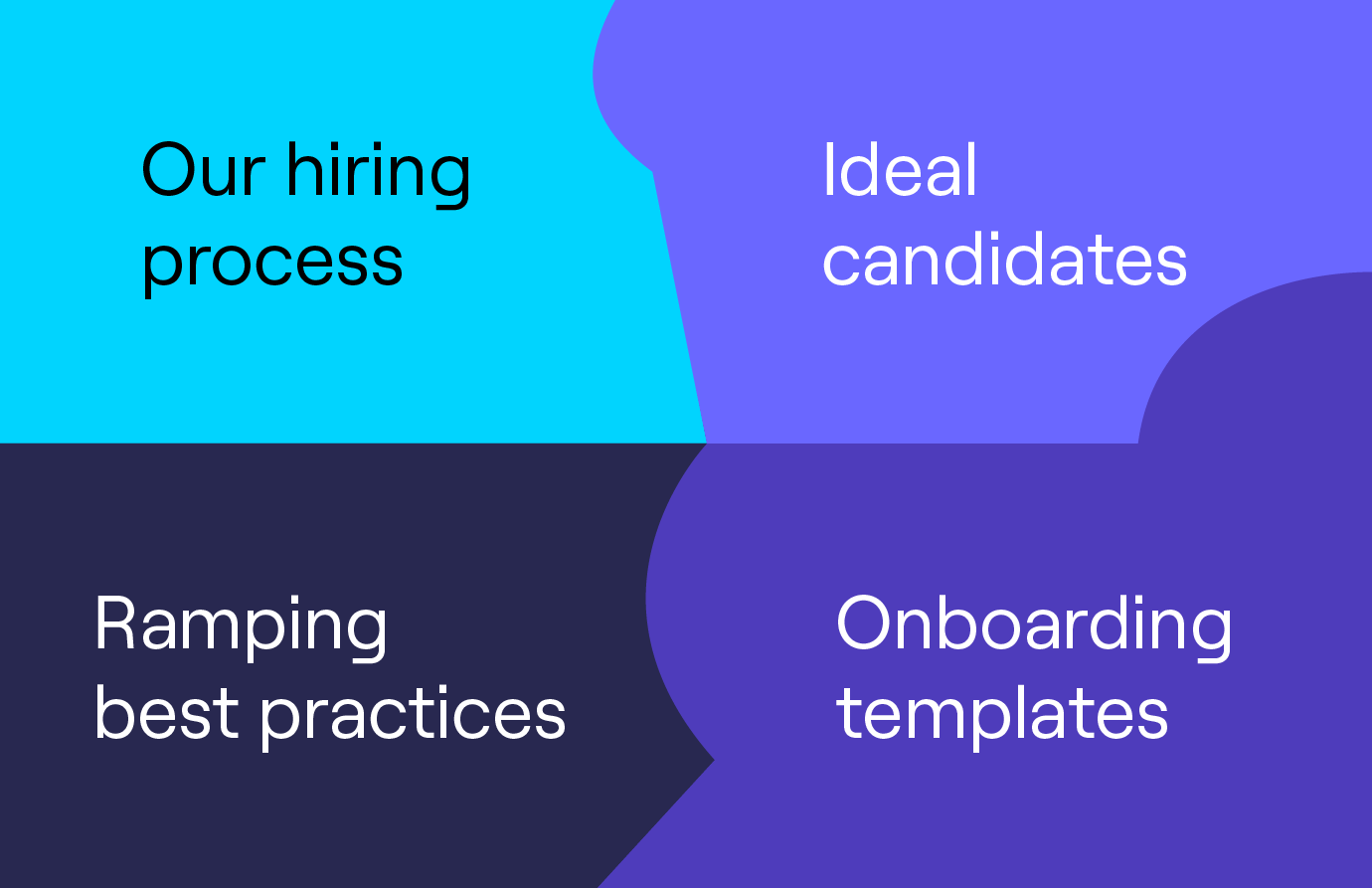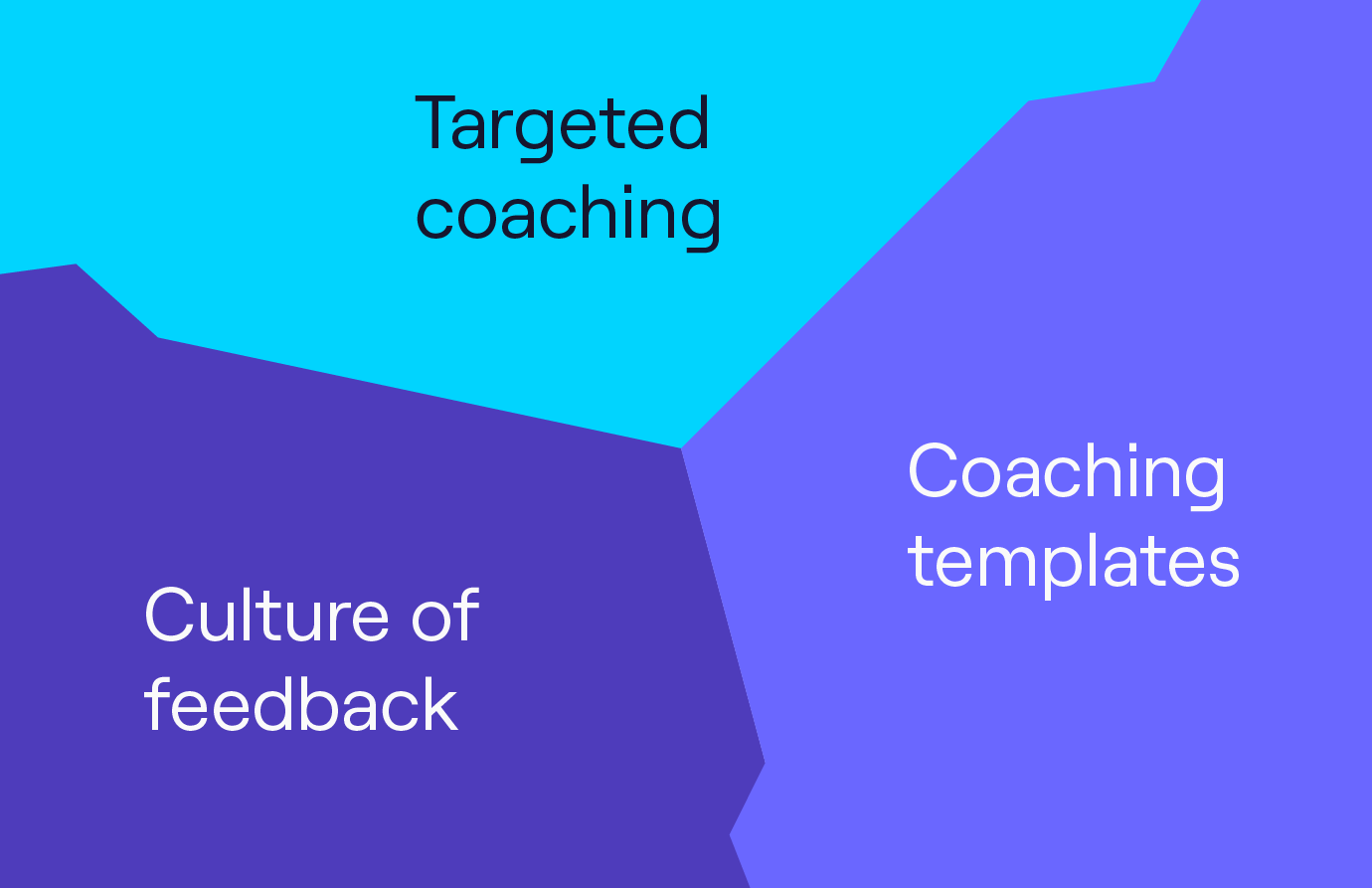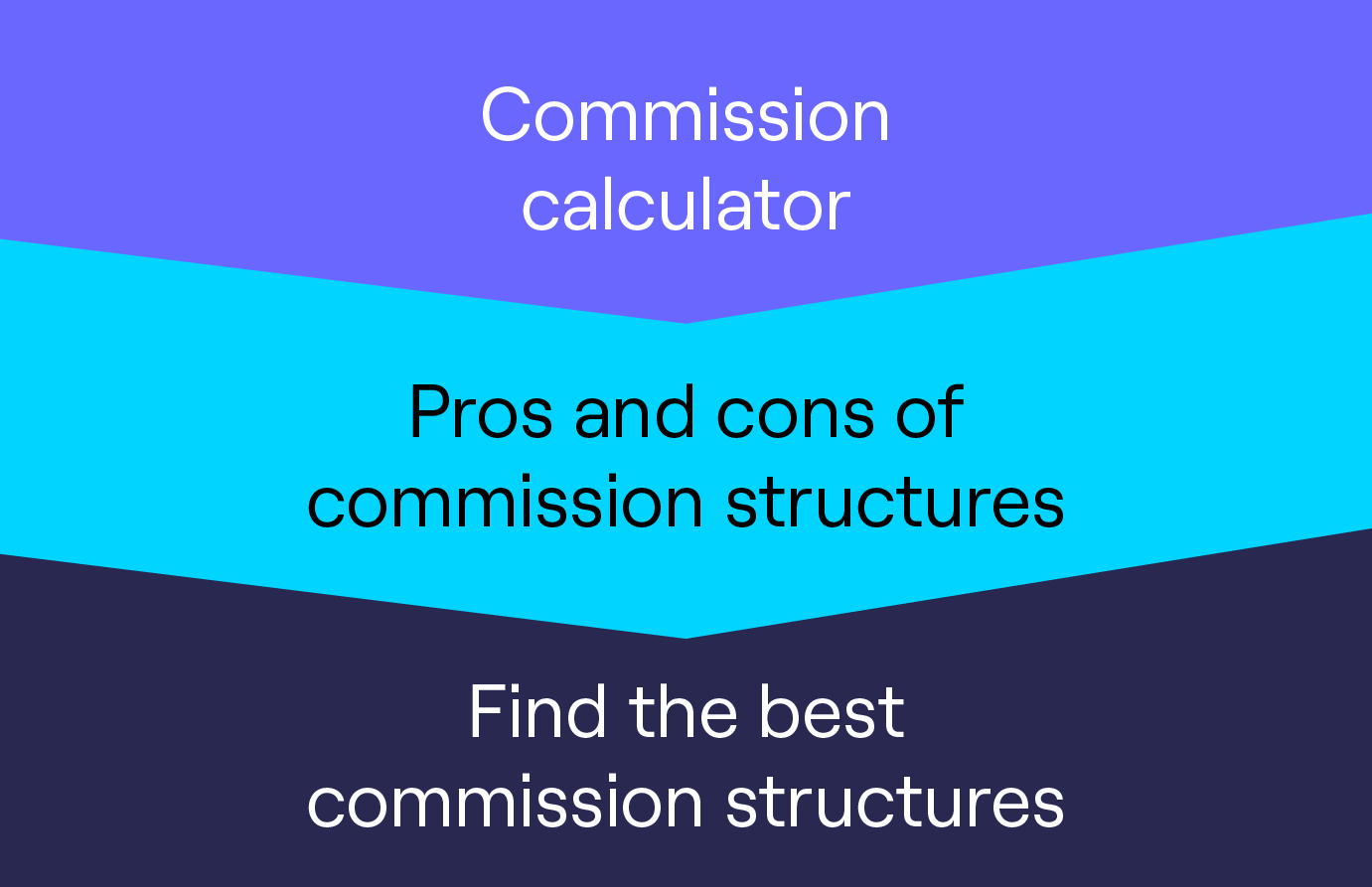The Blueprint
Cognism's Approach Towards Forecasting
Our sales leaders believe that forecasting is a perfect mix of art and science.
And in order to get to this place, we’ve been on quite the journey. We tried different models until we achieved the perfect approach.
In this section we cover our process towards forecasting and how our sales leaders undertake pipeline reviews and identify deals at risk.
Scroll for more 👇
1. Forecasting Techniques
To kick-off, let’s dive into how our sales leaders used to forecast ⬇️
Jonathon Illet, VP of Global Sales said:
“The way we used to quota the sales team was different - they were monthly targets and very volume-based. And this meant that we knew the annual contract value (ACV) was going to be ‘x’ for a particular company size.”
Since moving up-market into the enterprise segment, we switched our forecasting approach from monthly to a quarterly view. Because that’s where roll-up mode comes into play for the larger deals.
This methodology means that Jonathon can weed out the chance of deals slipping or dying. He explained how:
Here's an overview of how we forecast ⬇️
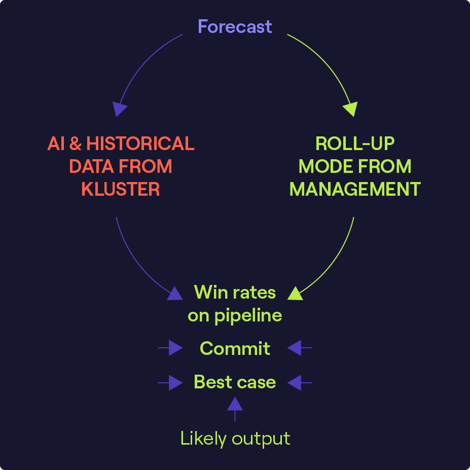
The bottom line? It’s a combination of science and art.
Jonathon said:
“The data doesn’t lie. Reps aren’t as experienced as management in understanding how deals will shape out in a current state of play. So having a multi-variable forecast means you can identify inaccuracies.”
TIP 👉 This is important, especially if there are discrepancies between what reps are showing and what the data is telling you.
It's an indicator that the reps aren’t focused on the right accounts, and they’re not asking the right questions to cement the deal.
Kluster is the platform that our sales leaders use, when it comes to forecasting.
And here’s an example of the dashboard that VPs submits to the operations team (we’ve blurred out the actual figures but this gives you an idea):
![image001[34]](https://info.cognism.com/hs-fs/hubfs/image001%5B34%5D.png?width=2502&height=614&name=image001%5B34%5D.png)
Now, here's the thing.
The method of forecasting you're going to use, will be dependent on the current needs of the business. So whilst this trajectory worked for us, it might not be the best fit for you.
Consider the advantages and disadvantages, coupled with the state of the business right now, when you're thinking about the forecasting technique you'll use.
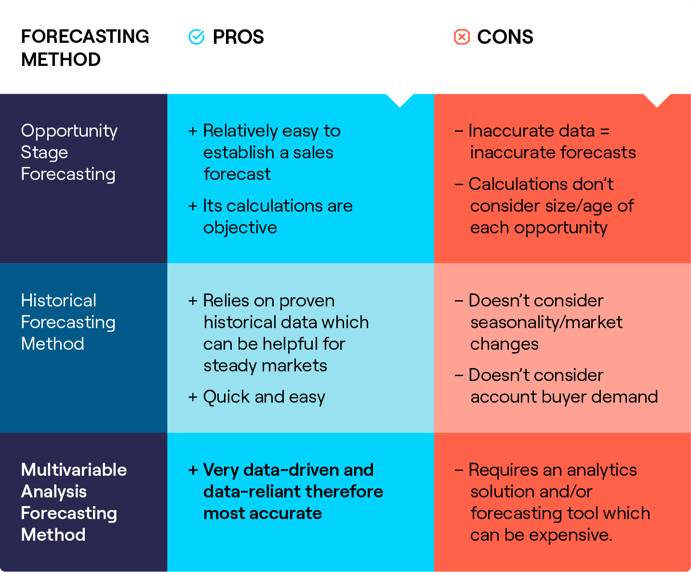
2. Forecasting Checklist
We wanted to share Jonathon's checklist for accurate forecasting and pipeline review 👇
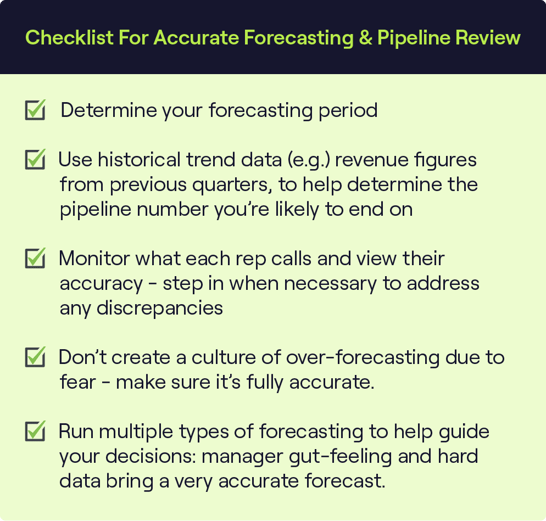
3. How To Identify Deals At Risk
Here are two ways Jon has approached at-risk deals:
Work with Cognism C-suite“We run deal review sessions with all of Cognism’s C-suite to accelerate our big deals. And we make sure to do this in the early stage of the sales process, to understand where help is needed.”
Jon provided some examples, based on his experience:
- Legal might need to assist on the actual clarification of wording or potential blocking points in the contract.
- Product might need to be involved to support the deal - e.g. how a specific feature works.
- Data science might need to provide further information on the personas being involved in the deal.
“We also run 45-minute weekly pipeline reviews between the manager and the rep. The manager will work off a template based on MEDDPICC. They’ll work with the rep to fill gaps and try to move the deal forward.”
In case you need a refresher, here’s what MEDDPIC stands for ⬇️
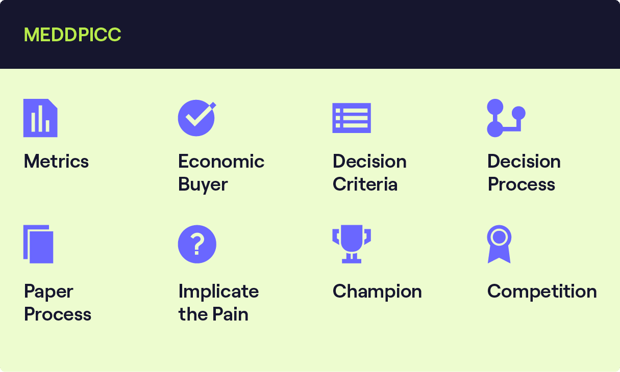
Templates
The secret behind any process in sales is being able to make it scalable.
Use this checklist to ensure you’re following the steps and forecasting with accuracy, every time.
Unlock more insights from our Blueprint
Quality data to reach decision makers faster!
Get the contact data your team needs to make fewer calls, contact the most relevant people, and hit quota faster.
